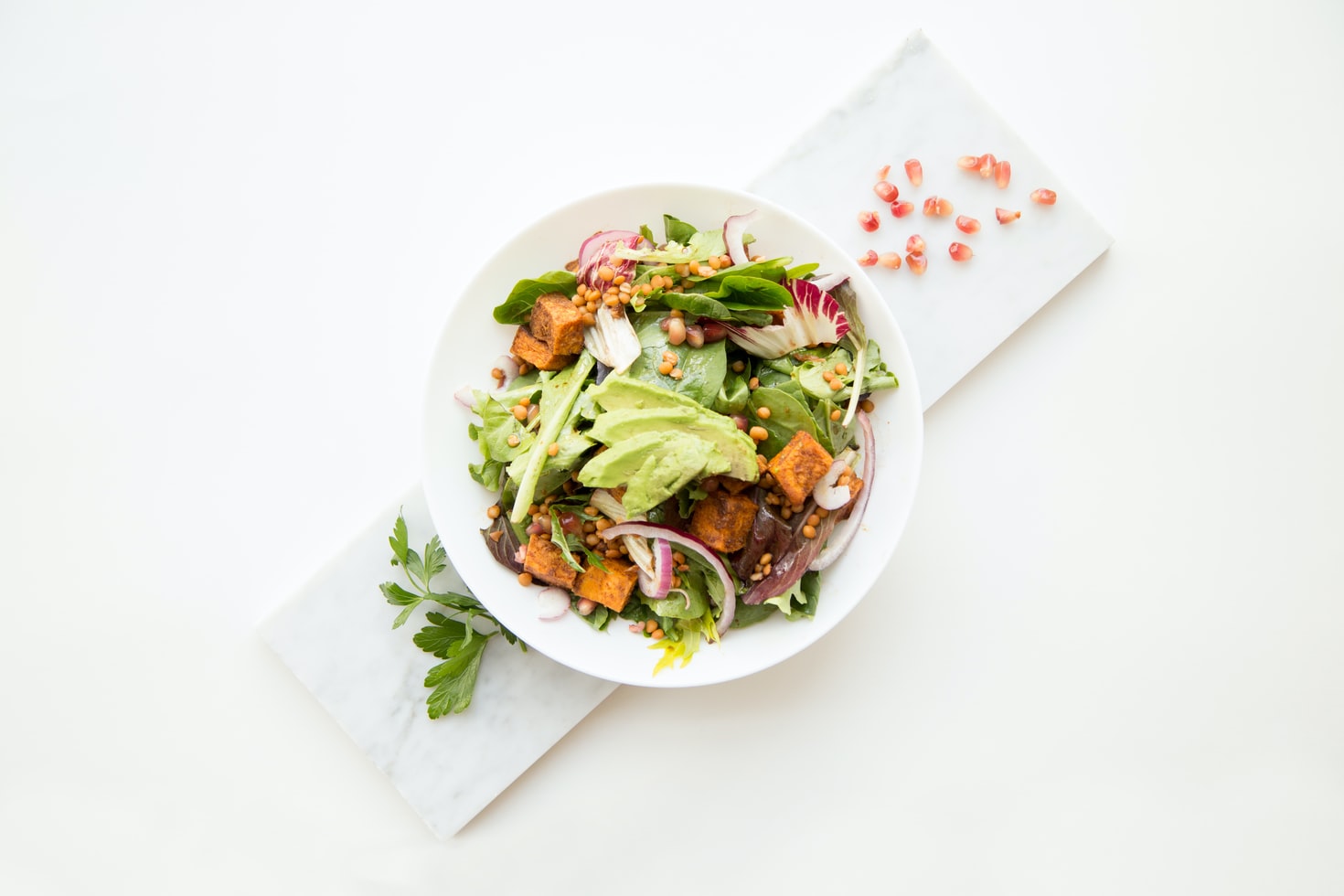
Switching to Plant-Based What You Should Expect Pt. 2
More and more people are switching to a plant-based lifestyle, and for a good reason—you get to reap a plethora of health benefits, making you live a happier and healthier life.
But of course, switching to a strict plant-based diet can be difficult for a lot of people. There's no denying that there's a learning curb that people need to embrace. But besides that, learning how to eat plant-based isn't that difficult, especially when you have all the facts and tips you need.
In our previous article, we gave you a rundown of compliant plant-based diet foods to incorporate into your meals. Today, we'll dig a bit deeper on the plant-based diet as we'll be discussing a few things—from timing to being a flexitarian—so, read on.
Is There a Timing Requirement I Should Follow?
plant-based diets don't follow a specific mealtime. But if you're considering switching to a plant-based diet from a traditional diet, your timing may impact your diet switch's success.
No doubt, removing foundational foods like meat and dairy can lead to a mix of emotions and feelings. In some cases, you may feel a bit overwhelmed, making some people quit a few weeks into the switch. However, you should remember that you should ease into the practice instead of adopting the plant-based diet all at once.
Some plant-based coaches recommend adopting a flexitarian meal first and allowing yourself to eat meat on limited occasions. By doing so, you get to manage your comfort levels and ensure that your body doesn't get shocked by the big diet change.
How Does Being Flexitarian Work?
If you want to learn how to eat plant-based, first, you must follow a flexitarian diet. This means that you need to be a little more thoughtful about the ingredients you're adding to your meals and ensure that you're adding more plant-based foods to your meal plans.
How Do I Get All the Nutrients I Need?
When you start a plant-based diet, you should be aware that you may experience nutrient deficiencies when you don't combine the right balance of food without proper planning and research. With that said, you must plan your meals accordingly and take supplements to ensure you hit your nutrient requirements.
On the other hand, some people are concerned about not getting enough protein since meat, poultry, seafood, and dairy are rich sources for this. But you'd be happy to hear that protein deficiency is unheard of from plant-based people.
Of course, it's best to speak to a plant-based coach so they can help you with this overwhelming transition. With their help, they can create a customized meal plan that will fit your lifestyle, allowing you to enjoy a cleaner, plant-based life.
The Bottom Line: Switching to a plant-based Diet Shouldn't Be Difficult
With the right information and the help of a credibly plant-based coach, learning how to eat plant-based won't feel as overwhelming. Truly, the core of a plant-based diet is being aware of the compliant foods and building a mindful meal plan that can help you with this transition.
How Can We Help You?
Learning how to eat plant-based can be an intimidating topic for most people, but when you start to dip your toes into this lifestyle and choose the right food groups, you'll realize that there is nothing to be scared of at all.
Plant Based Jeff is the top sea moss provider and plant-based transition coach who provides amazing programs to clients who want to switch to the plant-based lifestyle. Besides that, he offers all-natural products, such as wildcrafted sea moss, sea moss capsules, and more.
Connect with us today and start living the plant-based way!


Leave a comment
This site is protected by hCaptcha and the hCaptcha Privacy Policy and Terms of Service apply.